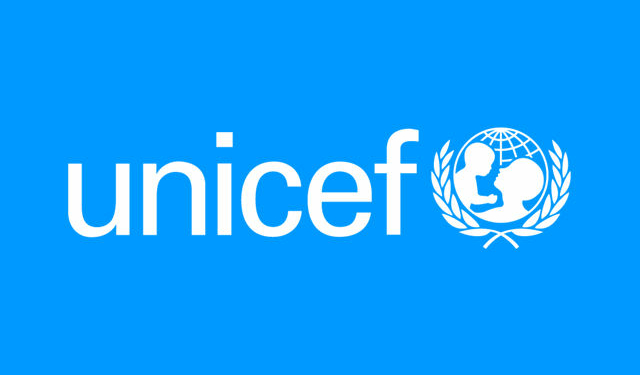- UNICEF reveals 10.2 million primary school children are out of school in Nigeria, with 16% from Kano, Jigawa, and Katsina
- Only 1 in 4 children aged 7-14 can read or solve basic math, highlighting severe educational quality issues in Nigeria
The United Nations Children’s Fund (UNICEF) has revealed that about 10.2 million primary school children are currently out of school in Nigeria.
This alarming statistic comes from the Multiple Indicator Cluster Survey (2021), which also indicates that 16% of these children are from Kano, Jigawa, and Katsina states.
This was disclosed by the Chief of UNICEF Field Office in Kano, Mr. Rahama Rihood Mohammed Farah, during a press briefing marking the International Day of Education (IDE) 2025. The event aimed to advocate for education and highlight its crucial role in building a knowledgeable, inclusive, and peaceful society.
Mr. Farah pointed out that beyond the issue of out-of-school children, there is also a concern about the quality of education received by those enrolled. According to the survey, only 1 in 4 children aged 7-14 in Nigeria can read and understand a simple sentence or solve basic arithmetic problems.
“Foundational learning rates in Kano, Jigawa, and Katsina are shockingly low,” Mr. Farah stated. He cited a 2022 test conducted by the Federal Ministry of Education, which found that foundational learning rates in these states are 11% or lower.
In Jigawa, only 2% of primary school learners possess basic reading skills, while less than 1% can perform basic numeracy. In Kano, the figures are slightly better, with 9.6% for reading proficiency and 11.2% for numeracy, but they still fall short of the national averages of 26% and 25%, respectively.
Despite meeting and exceeding UNESCO benchmarks for budgetary appropriations to education, Mr. Farah noted that actual releases and spending in the education sector across these states have not matched the allocated funds.
He emphasized the need for improved funding utilization and measures to address both access to and the quality of education, ensuring children in these states and across Nigeria receive the foundational skills necessary for a better future.






Discussion about this post